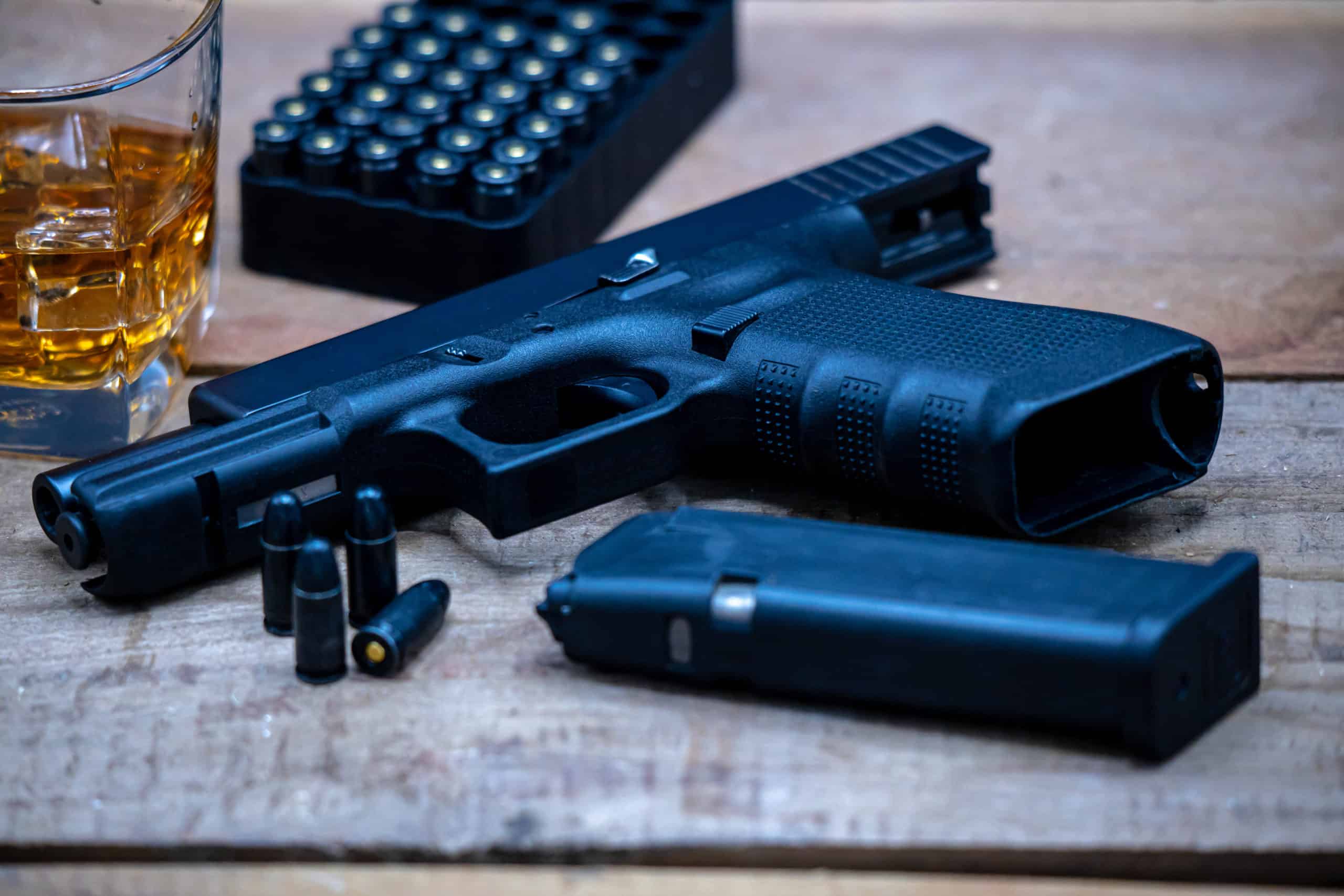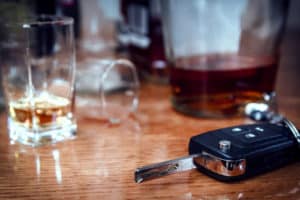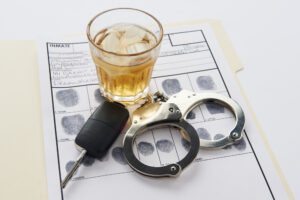
Weapon offenses can lead to monetary fines and time behind bars. But, even worse, a conviction on gun charges will leave you with a permanent criminal record that, in some cases, can prevent you from ever owning a gun again. If you are facing criminal firearms or weapons charges, do not attempt to fight this battle alone. Having a weapon offense lawyer in Plano on your side will help to protect your legal rights and ensure that your case has the best possible outcome.
Schedule a consultation with the Law Offices of Randall B. Isenberg today: 214-696-9253.
What constitutes a weapon offense in Texas?
Unlike many other U.S. states, the Texas firearms and weapons laws are relatively unrestrictive.
The Texas Penal Code, Section 46, details the state’s weapon laws. Essentially, any adult (as long as he is not a member of a criminal gang or legally barred from possessing a gun) can legally have a firearm inside his home or vehicle, as long as the weapon is not in plain view. Not all types of firearms are legal to possess, however. Some types of non-firearm weapons are also illegal.
Texas Gun Laws
It is illegal to possess, repair, transport, manufacture, or sell the following guns, gun accessories, and ammunition:
- Machine guns
- Short-barrel guns
- Armor-piercing ammunition
- Silencers
If you have a Texas license to carry (LTC), issued by the Texas Department of Public Safety (TxDPS), you may possess a concealed handgun. As outlined in the Texas Administrative Code, Title 7, the LTC allows you to carry a concealed firearm if it is in a holster. You cannot carry a handgun in a restricted area, however. Restricted areas include the following:
- Secured areas of an airport
- Election polling places
- Schools, excluding college campuses
- Racetracks
- Government facilities
Texas law prohibits you from carrying a visible weapon in the following locations:
- Prisons
- Places of religious worship
- Hospitals
- Amusement parks
- Nursing homes
- Bars
- Schools
Texas Non-Firearm Weapons Laws
In Plano, Texas, it is illegal to possess, repair, transport, manufacture, or sell the following non-firearm weapons.
- Explosive devices, such as a rocket, grenade, or bomb
- Fake explosive devices
- Brass knuckles
- Illegal knives, such as a switchblade, sword, dagger, bowie knife or spear, or any blade that exceeds five inches in length (long knives including bowie knives, swords, and machetes will be legal September 1, 2017)
- Tire deflation devices
- Zip guns
- Blackjacks, mace, nightsticks, or other kinds of clubs
What are the penalties for conviction on a weapon charge?
Most weapon offenses carry class A or class B misdemeanor charges. Conviction on a class B misdemeanor charge means you may spend as much as 6 months behind bars and pay a $2,000 fine. Conviction on a class A misdemeanor charge means you may spend as much as 1 year in jail and pay a $4,000 fine.
If your weapon offense involved aggravating circumstances, such as knowingly making a weapon available to a child, an intoxicated person, a person who intends to use it in the commission of a crime, or a person who has a protective order against them, you may face felony charges.
Potential penalties for felony convictions are as follows:
- State jail felony $10,000 fine and up to 2 years in prison
- Third-degree felony $10,000 fine and up to 10 years in prison
- Second-degree felony $10,000 fine and up to 20 years in prison
- First-degree felony $10,000 fine and up to 99 years (or life) in prison
If you had a weapon in your possession during the commission of another type of crime, you may face aggravated charges — even if you did not use the weapon or threaten to use it. In that case, you may also face federal weapon offenses, in addition to those filed by the State of Texas.
What kinds of weapon offenses are common in Plano?
In 2016, the Texas license to carry a handgun laws underwent a major modification. Because these changes were not particularly well promoted — and confusing —many people were unaware of what the changes to the handgun licensing program meant.
Open carry laws became laxer; however, that does not mean that individuals cannot simply carry wherever they please. However, these laws are complex and many do not understand exactly where they can open carry and where they cannot.
Another common violation involves the legality of campus carry, and the carrying of a concealed weapon in a restricted location.
Possession by convicted felon charges are also common. Individuals who have a felony conviction in the last five years, those who have prior convictions for domestic or family violence, and those people with an active restraining order in place cannot legally possess a weapon in most cases.
Because the statutes are convoluted, and because many weapon offenses could be preventable with the presence of legally mandated signage in restricted areas, a weapon offense lawyer may be able to assist you if you believe your charges are invalid.
How can a Plano weapon offense lawyer help you?
Having an attorney is the most effective way to ensure that you are afforded all the legal rights to which you are entitled. You lawyer can provide assistance and counsel, ensuring you understand the charges pending against you and the potential penalties associated with conviction.
Most important for your future, a Texas weapon offense attorney understands the intricacies of both the Texas and federal gun and weapons laws. Using this knowledge, your lawyer can comb though the evidence, including police reports, witness statements, and ballistics reports, to find weaknesses in the prosecution’s case against you.
Armed with this evidence, your weapon offense lawyer can negotiate with the prosecutor to potentially have your charges dismissed or reduced. And, if you engage the services of an attorney early enough in the investigation, these negotiations may help you avoid weapons charges.
If you have prior convictions — especially for a weapon offense — it is even more important to have a lawyer. Otherwise, upon conviction, you may find yourself serving the maximum prison sentence.
Here at the Law Offices of Randall B. Isenberg, we offer a free case review and consultation for potential clients who face Texas weapon or firearm offense charges.
And Randall’s experience as a judge, prosecutor, and defense attorney ensures that he has intimate knowledge of Texas gun laws and all potential defenses in your case. Contact us today to schedule your complimentary case review with us: 214-696-9253.










